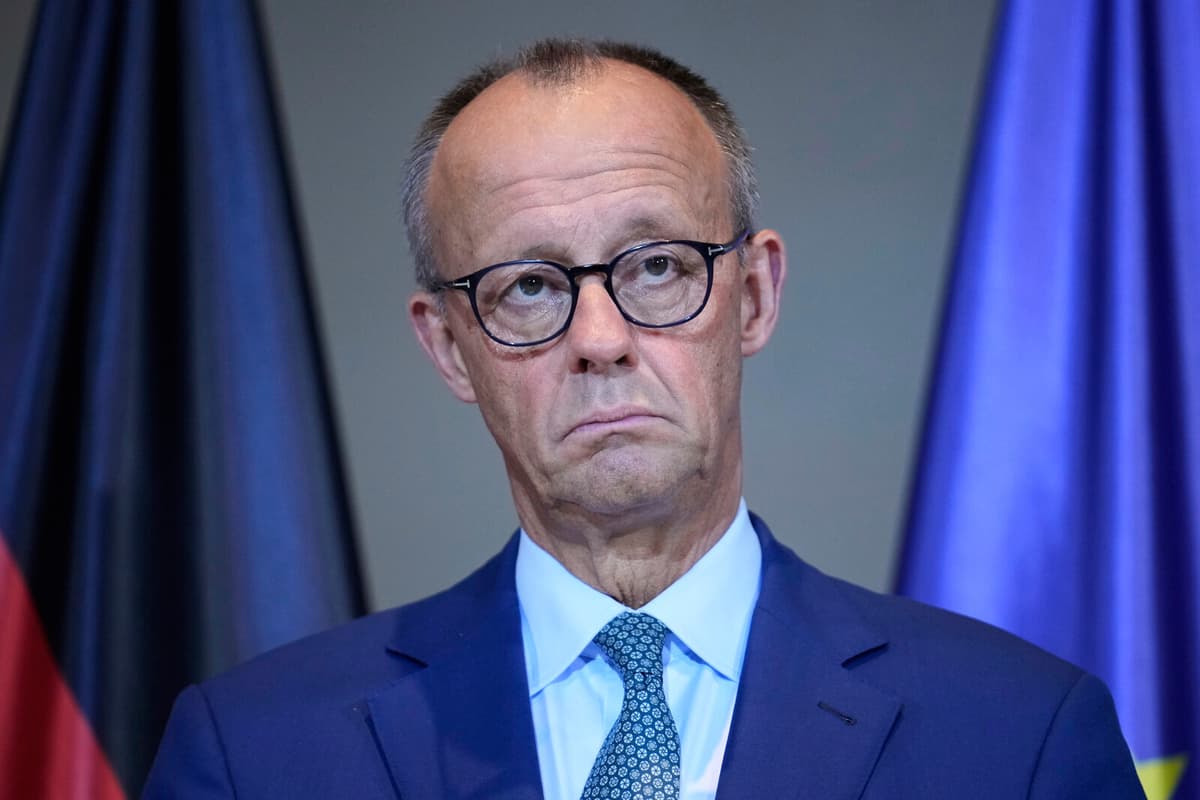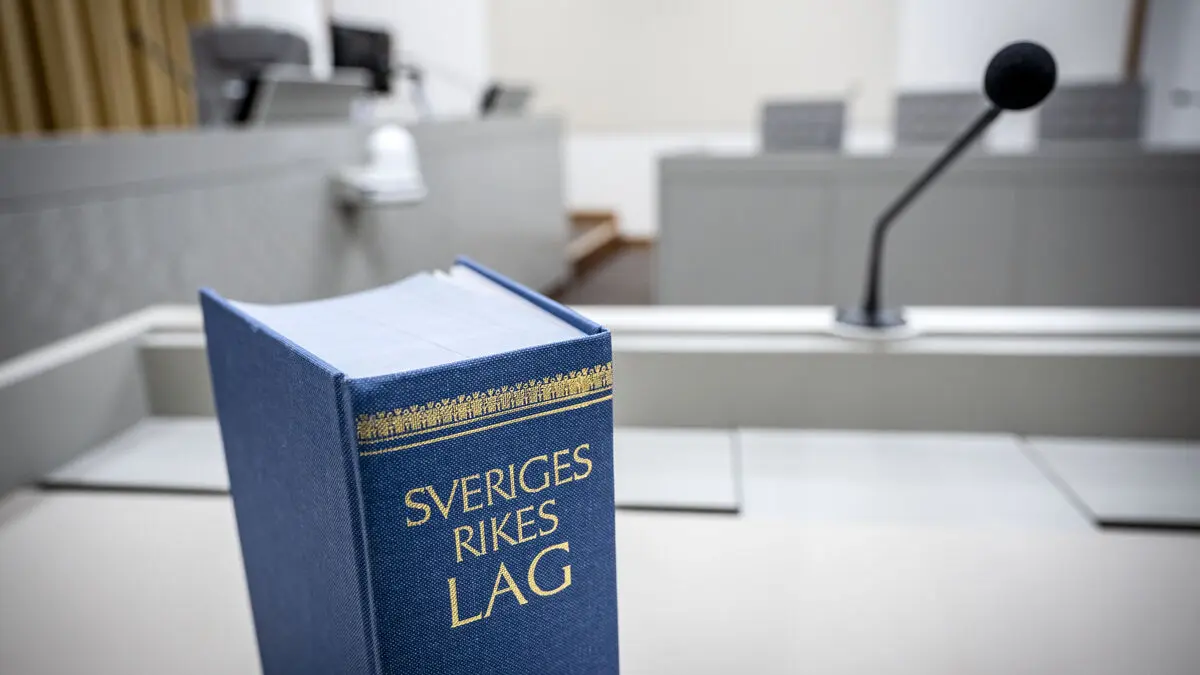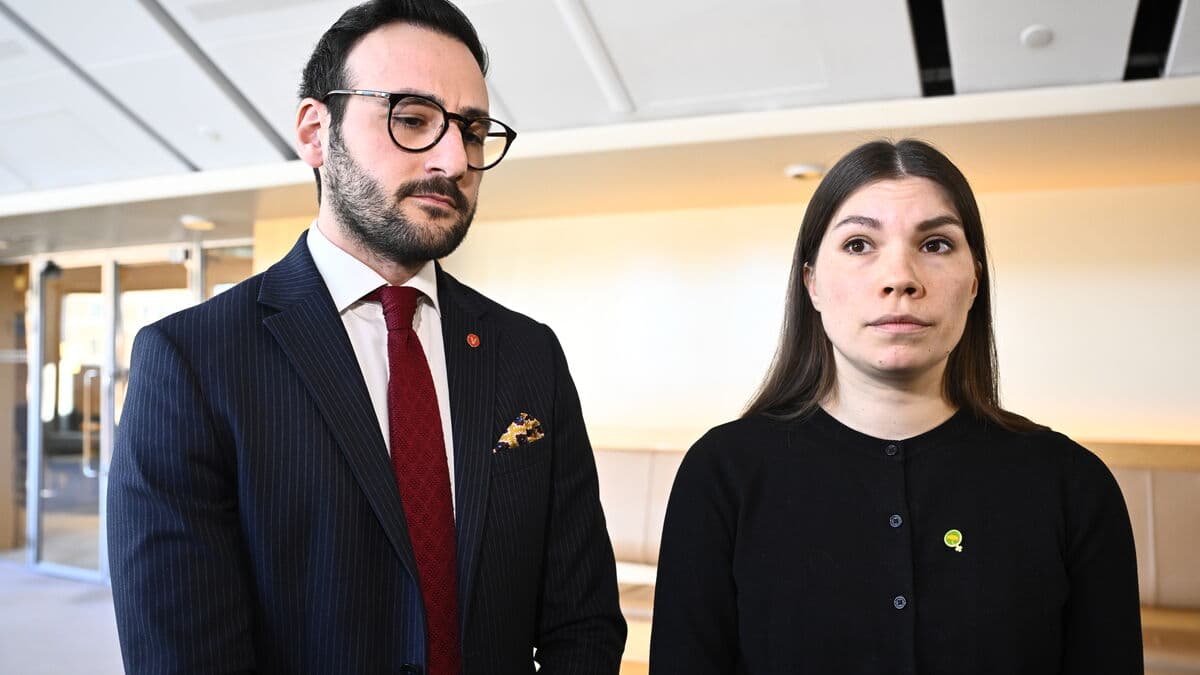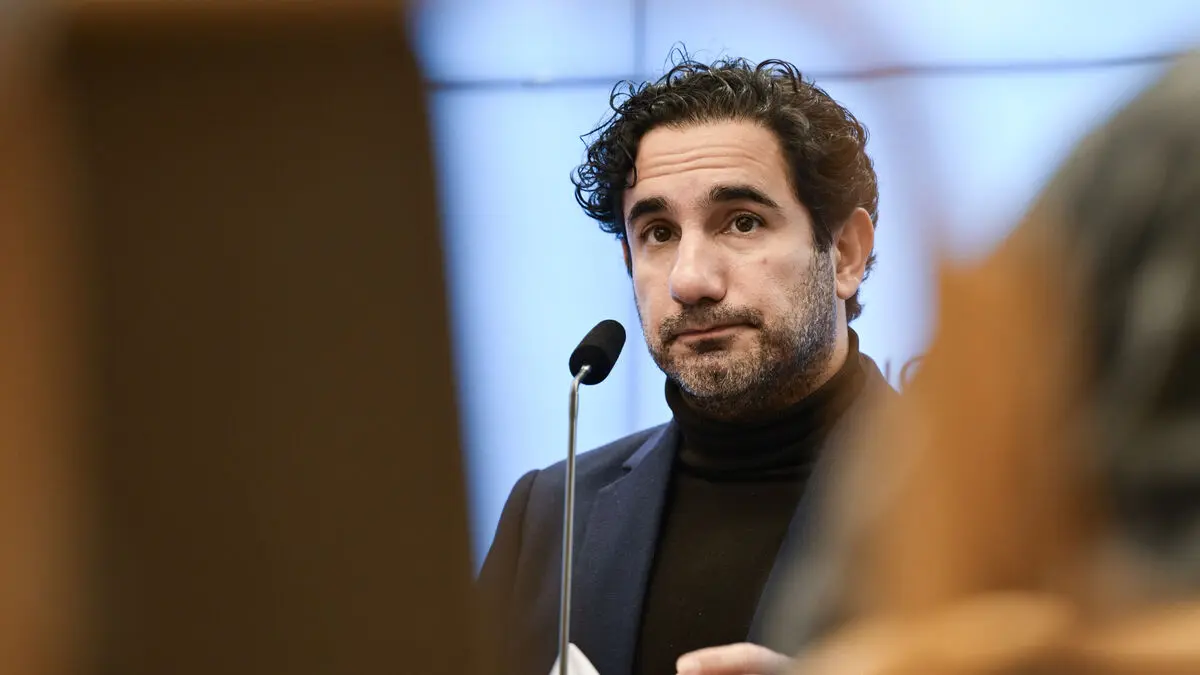What does the German people think of Friedrich Merz's first half-year in power?
Judging by the municipal and mayoral elections in the country's most populous state, his CDU has not lost much ground.
The party, according to preliminary figures, maintains its position as the state's largest by far. Compared to the election five years ago, it loses one percentage point, to just over 33 percent, reports WDR.
But the result does not make the party rejoice. The nationalist Alternative for Germany (AFD) is moving strongly forward – from 5 to just over 14.5 percent – and CDU's minister president in Nordrhein-Westfalen, Hendrik Wüst, says at the party's election party that the result shows that there is much to think about.
We cannot rest on our laurels. Nor can my party, which so clearly won the election, he says according to Rheinische Post.
Mayoral candidates
AFD, which does not have any mayors in the state, may now get such posts. In several places, a second round of elections will be held as no candidate has received more than half of the votes, and in at least two cities, Gelsenkirchen and Duisburg, an AFD candidate can win.
AFD's leader in the state, Martin Vincentz, says according to WDR that the election shows that the people want "much more" of his party.
It was a referendum on which direction our country should take. And those who ignore the electorate are punished by the voters.
The Social Democrats are falling back
The Greens are losing their position as the third largest, with a drop from 20 to 13.5 percent. And also Merz's coalition partner in Berlin, the Social Democratic SPD, is losing votes. But with just over 22 percent of the votes, a small decline since 2020, SPD is still the second largest party in the state.
The result does not please me, of course. We could not dampen the decline, says SPD's party leader Bärbel Bas, who comes from Duisburg, to WDR.
Perhaps she can at least be glad that SPD is retaining power in Friedrich Merz's hometown Arnsberg-Niedereimer.
Corrected: In an earlier version of the text, Bärbel Bas was mistakenly given the wrong party affiliation.






